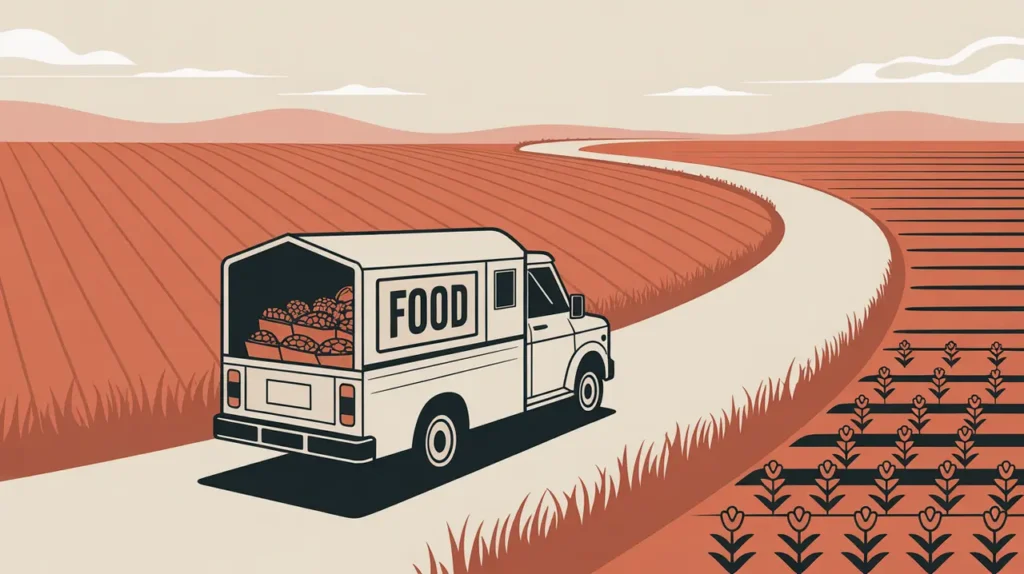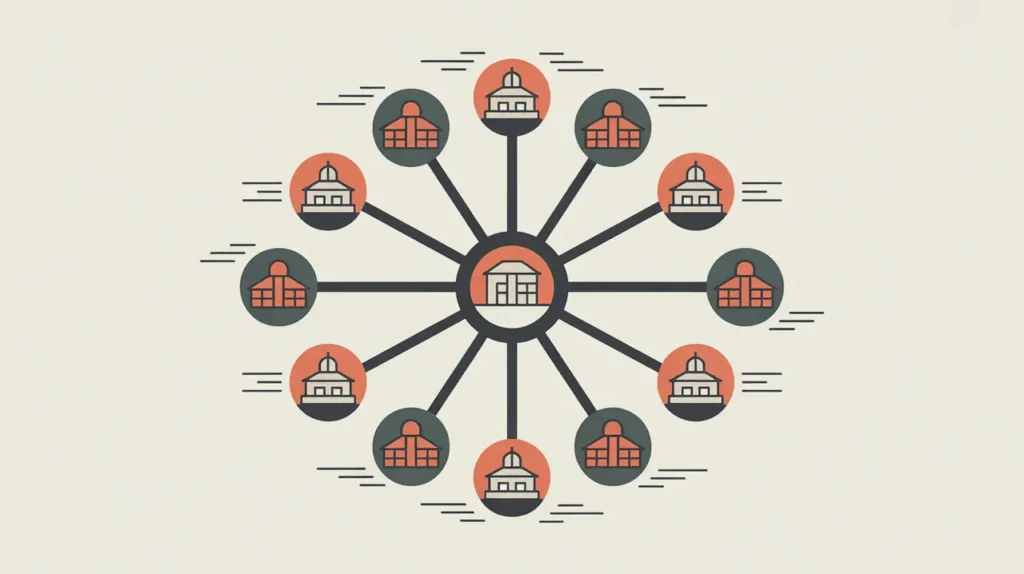Importance of the Franchise Model
The franchise model extends services and innovations through replication by semi-independent actors who operate under a shared brand or framework. It matters because many development and social innovation efforts face the challenge of scaling without losing quality. By standardizing core processes while allowing local adaptation, the franchise model balances consistency with contextual relevance.
Definition and Features
The franchise model is a delivery approach where an organization licenses or supports partners to deliver services under its brand and guidelines. Its defining features include:
- Standardization – ensures core products, services, and quality benchmarks are consistent.
- Decentralized Delivery – local franchisees manage day-to-day operations.
- Capacity Building – franchisors provide training, tools, and oversight.
- Brand Cohesion – a common identity builds trust among beneficiaries and funders.
- Scalable Growth – expansion occurs by adding franchisees rather than central staff.
How this Works in Practice
In practice, the franchise model might take the form of social enterprises that license community health providers to deliver standardized medical services, or early childhood education programs that replicate a proven curriculum through local partners. Franchisees may pay fees, receive subsidies, or operate under performance contracts. Common challenges include maintaining quality across diverse settings, aligning incentives between franchisors and franchisees, and ensuring equitable access in underserved areas.
Implications for Social Innovation
The franchise model strengthens social innovation by enabling scale with structure. For practitioners, it creates opportunities to expand reach while empowering local actors to own delivery. For funders and policymakers, it provides confidence that replication will maintain fidelity to proven approaches. The franchise model operates as a partnership framework. It leverages shared systems and identity to achieve greater impact across multiple contexts.







